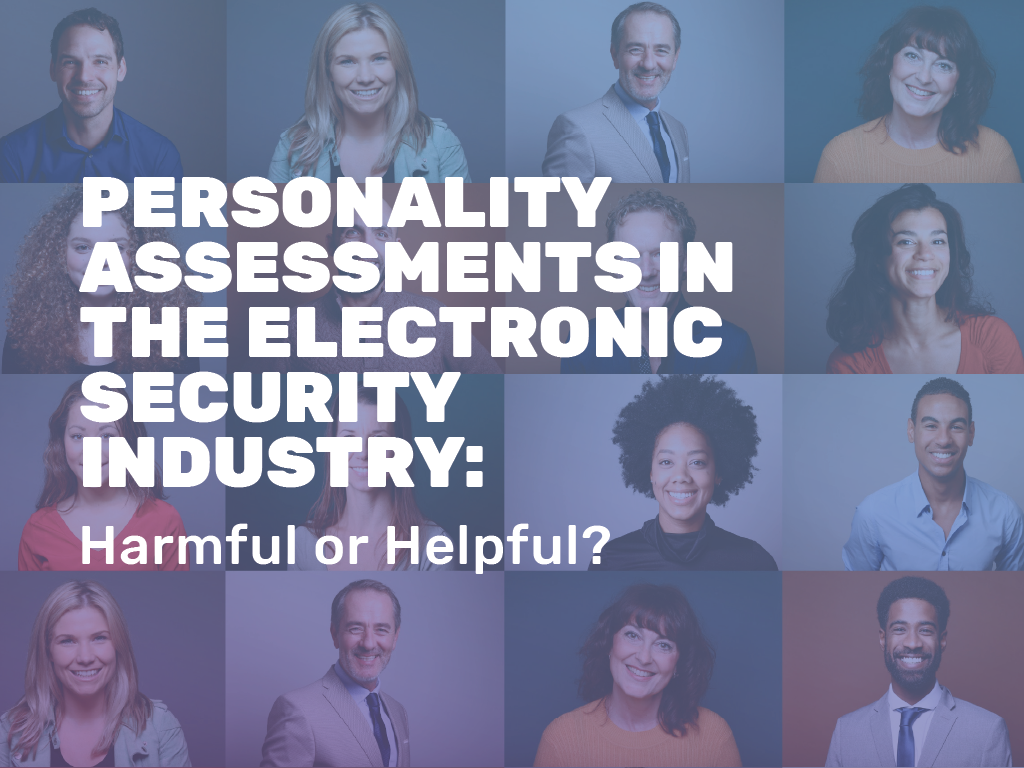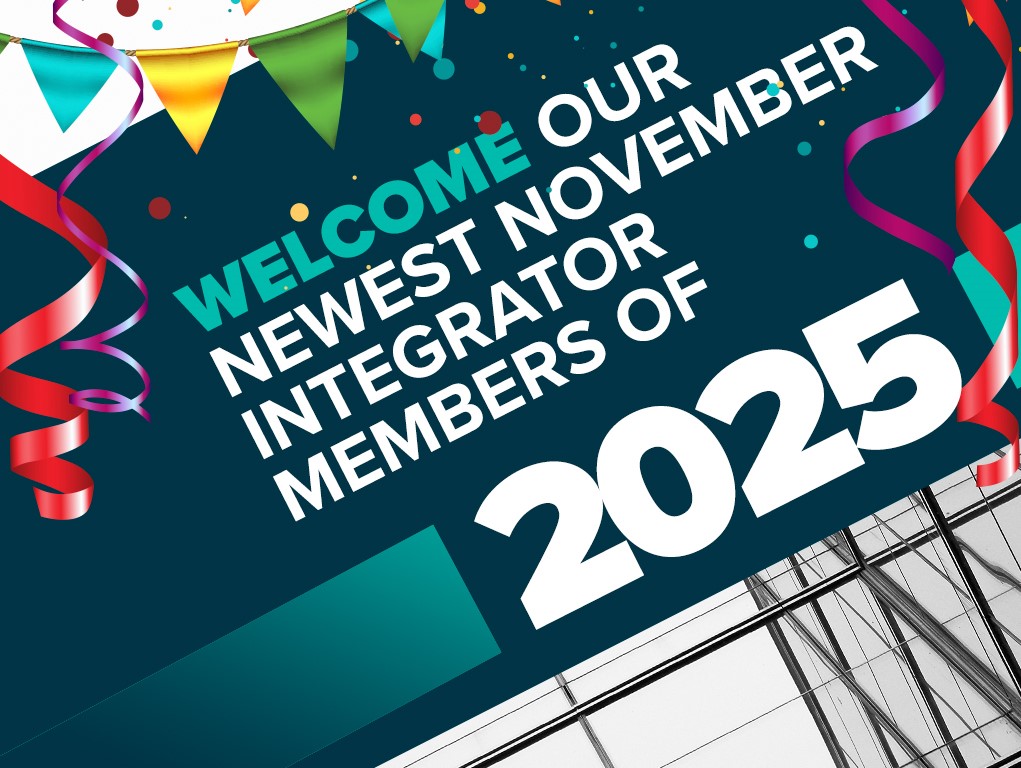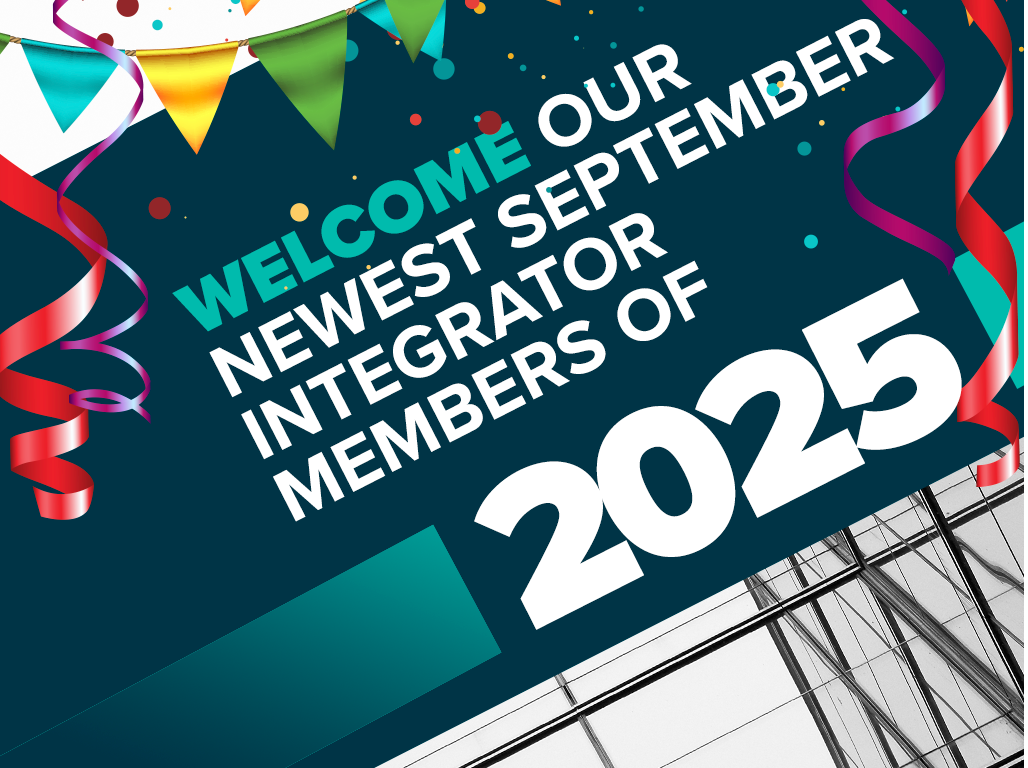Personality Assessments in the Electronic Security Industry: Harmful or Helpful?

What do personality tests really reveal? Many companies see the benefits of handing out a personality test upon hiring, such as understanding how a worker interprets tasks or how well an employee might work with others. Others warn of potential drawbacks, like the temptation to rely on a personality test and potentially miss good talent or pigeonhole a new hire.
So, should your company start using a personality assessment to onboard new hires or even hand one out to current employees? I spoke with leaders from a few of ESA’s member companies that use personality assessments to uncover the potential benefits of these tests.
Dee Ann Harn, CEO of RFI Enterprises, Inc., and Lucas Ingala, Founder and CEO of Watchmen Security Systems, gave us their inside look on personality assessments. RFI Enterprises is headquartered in San Jose, California and is one of Silicon Valley’s largest private companies, with approximately 250 employees. Watchmen Security is headquartered in Kansas City, Missouri with 25 employees.
What do you believe are the benefits of personality assessments in the security industry?
Ingala: Our industry is based on data. When controlling a camera system or
security system, you are only as good as the data you have in the system. If you need to pull an event, what data is there? If you need to see a live video in action, what day does it give? Data is big in our industry and data helps you make decisions better. We are people, we are all complex and we tend to gravitate to people like us. That can be a problem while hiring or meeting new people. What the assessment test does, is gives you the data-behind-the-person, unbiased view, so as a leader or coworker, you can communicate better with that individual and ultimately get better results.
Harn: Personality assessments are beneficial to help people communicate more effectively. Also, it is part of understanding where someone lands with certain characteristics. I wouldn’t call it a strength or weakness, but it helps to understand what a person’s natural tendency is. If their assessment shows they’re highly detailed and have good sociability, then they will probably do well as a technician.
What are the disadvantages of personality assessments? How has your company been affected by personality assessments?
Ingala: Negative effects of the assessments are when you put all your stock into the data and think it is the gospel and the absolute truth. You need to use it as a guidepost and
use it as a consideration when hiring. It is one datapoint of many. This is the best way to avoid biases.
Harn: The cons are if an assessment is all you go by to evaluate a candidate, you can miss out on good talent. Having a good understanding as to how much energy someone must use to fit in a position which may not be compatible with their natural characteristics is good information to have. We use assessments through the hiring process as one indicator as toa person’s fit for a position. It has helped us hiring more effectively. With our current employees, it has helped us to understand how best to communicate—email, text, phone, long messages, short messages – and if someone has a tendency to be more blunt and short vs someone who may be more sensitive.
This is a preview of the exclusive members-only content featured in the May/June edition of Security Nation. View the latest digital edition online. Members can download the full version as PDF or contact membership@esaweb.org to request a printed edition.




